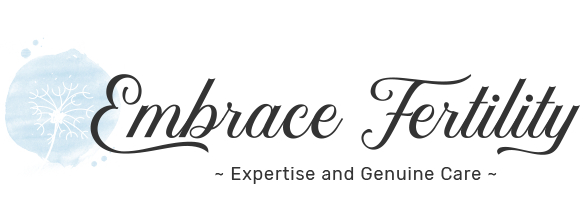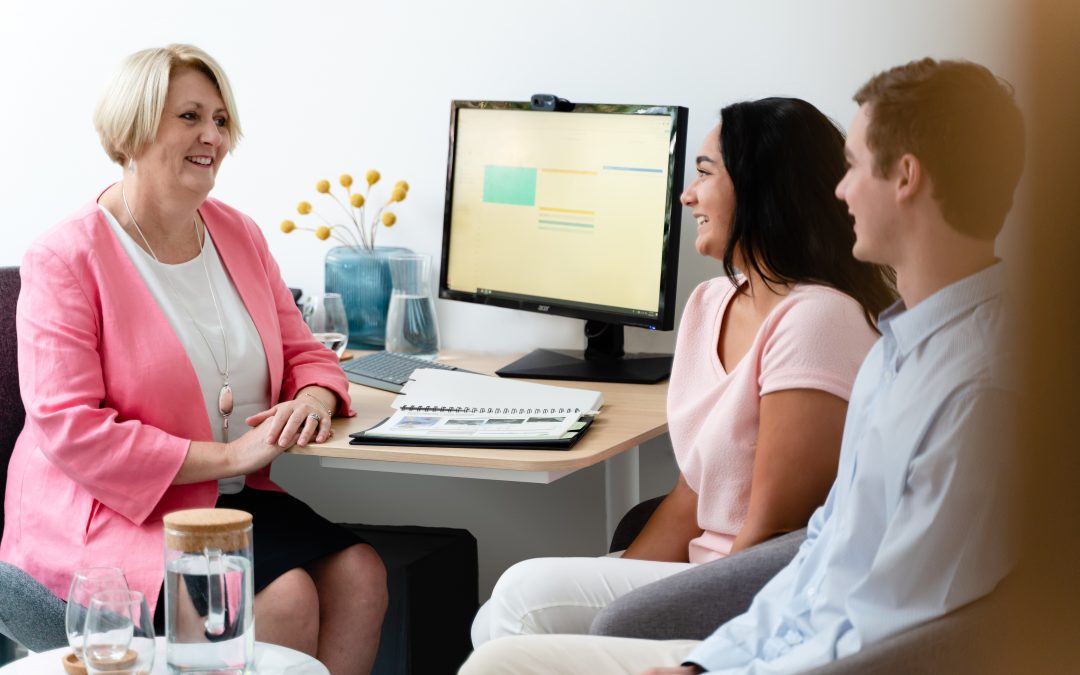Gynaecologist and Fertility Specialist Professor Louise Hull has been helping couples achieve their dreams of starting a family for more than twenty years.
With a determination to seek out and utilise the best fertility treatments available today, Louise has a passion for what she does and qualified gynaecologist (MB ChB (Otago), FRANZCOG) with the top specialist qualification in fertility (CREI).
Associate Professor Hull embarked upon a career in reproductive medicine due to her natural curiosity for genetics and reproduction on the farm, as well as her gratitude for her own large, close family.
“It seems like my path in life was always going to lead me to a career in reproductive medicine. I grew up in New Zealand with three brothers and sisters, but there were 15 cousins in total (from three families) that were very close. I am the oldest and the youngest is my sister who is 14 years younger than me. We skied together, swam together, went to concerts, played games, went trekking and travelling, always in a large group,” she says. “These amazing people were and still are a large part of my life, bringing the joy, humour, patience, craziness and acceptance that goes with being in an extended family. Being part of a large family was important to me and helping others create their families has always been really meaningful to me.
“One of my uncles was a sheep farmer and the children would always help out in the sheep yards and on the farm. He had a ‘Boroola’ sheep stud with a dominant gene that increased ovulation and most of these sheep had twins or triplets. A scientist from Dunedin wanted to study the effect of this gene on twinning and when I was 12 we worked rounding up the sheep up so they could be laparoscoped to see how many eggs had ovulated. A few months later they scanned all the ewes to see if they were pregnant. This was very exciting ‘research’ for a small rural town and we all started reading about genetics and reproduction, and talking about these new technologies.”
Taking her childhood interest into tertiary study, Associate Professor Hull enjoyed seeing the beginnings of IVF being set up in New Zealand, which has given her the opportunity to see the treatment evolve over the years.
“When I studied science and medicine, reproductive medicine was a natural subject for me. Every year, there have been fascinating new developments to learn about in the field, which have improved our ability to treat all kinds of reproductive problems. The first IVF unit was set up in Christchurch as I was finishing my medical degree and I was lucky enough to work there and see the beginnings of IVF in Australasia,” she says. “When I was there, we adopted lots of new technologies and I thrived in an environment that was rapidly evolving where I could learn new things every day. The most influential experience was when I first saw a human embryo. It was amazing to think that this small ball of human cells in a lab had all the potential to become a human being, with unique skills and a unique path in life and a world of experience ahead of them. After that I knew this would be my life’s work.”
On moving to England to complete a PhD, Associate Professor Hull learned a great deal about endometriosis, infertility and IVF from the best in the field.
“I went to work in the UK, where I was offered a PhD scholarship at Cambridge University. My research was on endometriosis and I have learned so much about a condition with huge impacts of young women’s life experiences and fertility. I also trained at Bourne Hall where Louise Brown the first IVF baby was born. My neighbour ran the B&B at Bourne and told us about the couples that had flown from all over the world to have IVF when it was the only unit that offered IVF in the 1980s. I still have a letter from Bob Edwards, the scientist who pioneered IVF, who had written to encourage me to pursue a career in reproductive medicine when I was a young trainee in New Zealand. I was lucky enough to meet him at a conference in Cambridge and really appreciated the words of encouragement that he chose to write to a young unknown doctor on the other side of the world,” she says.
“I have been so lucky to work in reproductive medicine during the incredibly fast developments in treatments over this time. I have met heroic couples on their fertility journey. I have also worked with some incredibly dedicated fertility nurses and administrative staff who are prepared to answer that call and stay late to support people. I’ve worked with doctors and scientists in Australia and from around the world who have driven the field forward in our collaborative research projects. Each year I learn new things so that the field stays interesting and fresh. I wake up wondering who I will meet today and what new things will I have to think about in this job that I am so lucky to have.”
Working at Embrace Fertility Adelaide has given Professor Louise Hull an opportunity to continue her life’s work and help people create families and work with them to solve their fertility issues.
“I think the most important thing a doctor can do when undertaking a fertility consult is to listen. Each person has a different set of experiences, circumstances, needs and goals, and it is critical to take time to find out what these are to tailor a treatment that is going to provide the best outcome,” she says. “I also have to find the quickest way to get information that will help patients understand about their reproductive biology, how our treatments can help them and what sort of time frames to construct a fertility journey in,” she says. “I also have to paint a picture about what each treatment will look like and cost, and how hard or easy the journey will be. Finally, I need to try to optimise every little thing at every stage of treatment to give them the best chance of pregnancy. This can only be done when you are working with a great team of doctors, nurses, admin staffand embryologist. I am so fortunate to have surrounded myself with such great people to work with at Embrace Fertility.”
With a team of dedicated professionals by her side, Professor Louise Hull is confident of the work and treatments available through Embrace Fertility Adelaide.
“I enjoy working with the Embrace Team because they are so dedicated to helping people optimise their fertility. They really try to put themselves in other people’s shoes and understand their situation,” she says. “They are optimistic, but realistic, and they know fertility treatments can be hard work. Additionally, they are skilled at what they do. Our team doesn’t do things just because someone said they should; they want to know why. If a decision doesn’t add up, or new piece of information comes to hand, anyone can question it and the decisions are reviewed in a constructive way, with the interest of the person having treatment at the centre of all we do.
“It’s fun to work with people who enjoy their work and want to improve their knowledge and understanding, and have the opportunity to do so. Everyone works hard, but on those days when things go well, we celebrate with our patients as they step into the next part of their journey.”
You can make an appointment to see Professor Louise Hull to chat about your fertility journey by calling 1300 848 470 or going to our contact page.

